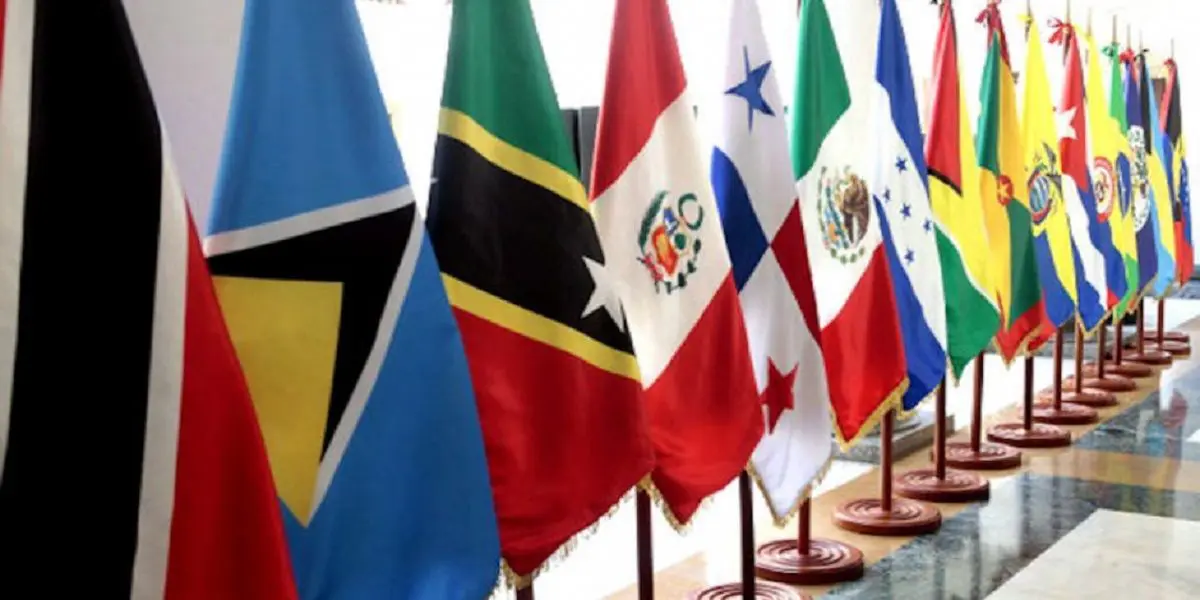RIO DE JANEIRO, BRAZIL – President Jair Bolsonaro said Thursday (26) that relations between the United States and Brazil would be “frozen” after U.S. President Joe Biden took office in January 2021.
Bolsonaro made the statement in Brasilia in the same interview. He confirmed that he would travel to Los Angeles, the U.S., next month for the Summit of the Americas – a meeting of heads of state and government where Biden will be the host.
Bolsonaro also said a meeting with Biden has been arranged. It will be the first bilateral meeting between the two presidents since Biden took office.
The Brazilian leader said he had been “inclined” not to go to the U.S. meeting but changed his mind after speaking with the special envoy for the Summit of the Americas, Christopher Dodd, at the Planalto Palace.

The president said that he had complained about the treatment by the Biden administration compared to the administration of his predecessor, Donald Trump.
“I talked about the change in U.S. behavior toward Brazil when Biden took office. Things were going very well with Trump; we had agreed on many things we wanted to do here in Brazil – including research on niobium, which is an added value for Brazil. When Biden came in, there was just gridlock,” he said.
Bolsonaro has a distant relationship with Biden, having declared his support in the 2020 election for then-President Donald Trump, who was defeated in his bid for re-election. Bolsonaro has even alleged that there was fraud in the U.S. election. A bilateral meeting between him and Biden has yet to take place.
SUMMIT OF THE AMERICAS
The Summit of the Americas aims to bring together the continent’s leaders to discuss strengthening democracy in the region.
The U.S. government, organizing the ninth edition of the meeting, did not invite Nicaragua, Venezuela, and Cuba.
In response, Mexico, Bolivia, Honduras, and some Caribbean countries announced they would not attend unless all countries in the hemisphere were invited.
With information from G1

